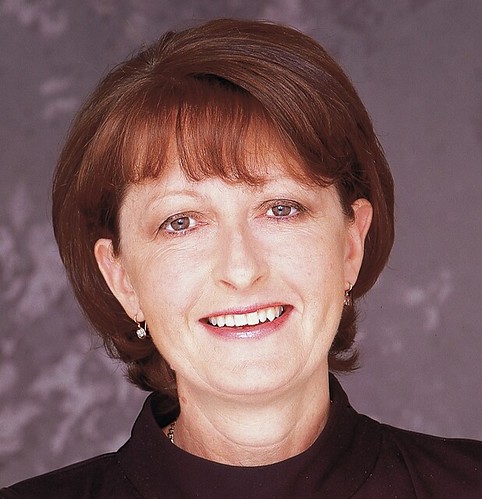Not my emergency room
A busy Saturday morning and I'm the only doctor on duty in my urban practice. My next patient, an elderly woman slowly making her way from the waiting room, has a black eye to rival an opponent of Kostya Tszyu. But she's not concerned about the eye, it's her tongue that's the problem - she bit it last night. On examination, a jelly-like mass where her tongue should be strenthens my suspicion that she's overanticoagulated, and blood oozes down her chin as she tells her story. Pretty switched on despite her four score plus years, she's already had an INR the previous day, which was 3.0, not near as high as I'd expected. I still consider giving vitamin K until I note the plethora of conditions for which she needs to be fully anticoagulated and think again. In all truthfulness, this woman will do better with tertiary level care, located just 5 minutes down the road.
But although my patient and her husband are less than unenthusiastic about a trip to the ED, history tells me that the greatest hurdle to a smooth admission will be a bolshie admitting officer. An INR of 3.0 is pretty unimpressive.
Not that I've ever let such a doctor dissuade me from a well-considered clinical course, but I do resent the tone with which some hospital doctors address their general practice colleagues in general, or me in particular.
Seemingly, the starting point of this species is that GPs are idiots and that our patients shouldn't clutter their emergency department. Even when convinced the patient does deserve admission, they often have one more trick up their sleeve. "Where do they live?" they ask, hoping to be able to play the 'out of area' card.
This time, in an effort to not get annoyed, I try a new tack. Rather than presume to send a patient to their personal emergency department, I'll ask their advice about how I can manage the patient myself.
As expected, and realistically, the ED doctor had no faith that I, a GP, could handle a bleeding woman with a list of conditions including chronic renal failure. "You'd better send her in", he said. A win for reverse pschology.
Sadly, my victory was shortlived, when I had a brush with the other end of the hospital system.
My patient died four days after admission. I have no idea of the cause of her death, and I'll get zip info from the hospital.
And I'm all out of ideas to remedy this recurrent problem.
But although my patient and her husband are less than unenthusiastic about a trip to the ED, history tells me that the greatest hurdle to a smooth admission will be a bolshie admitting officer. An INR of 3.0 is pretty unimpressive.
Not that I've ever let such a doctor dissuade me from a well-considered clinical course, but I do resent the tone with which some hospital doctors address their general practice colleagues in general, or me in particular.
Seemingly, the starting point of this species is that GPs are idiots and that our patients shouldn't clutter their emergency department. Even when convinced the patient does deserve admission, they often have one more trick up their sleeve. "Where do they live?" they ask, hoping to be able to play the 'out of area' card.
This time, in an effort to not get annoyed, I try a new tack. Rather than presume to send a patient to their personal emergency department, I'll ask their advice about how I can manage the patient myself.
As expected, and realistically, the ED doctor had no faith that I, a GP, could handle a bleeding woman with a list of conditions including chronic renal failure. "You'd better send her in", he said. A win for reverse pschology.
Sadly, my victory was shortlived, when I had a brush with the other end of the hospital system.
My patient died four days after admission. I have no idea of the cause of her death, and I'll get zip info from the hospital.
And I'm all out of ideas to remedy this recurrent problem.


1 Comments:
Sorry to hear about your patient's outcome.
I'm an Australian surgical registrar and am happy to report that the phone calls I get from GPs are excellent and far more pertinent than many of the referrals I get from the emergency department. While I suspect most GPs would be reluctant to call the on-call surgical registrar before sending a patient into the ED, I have seen this significantly expedite treatment for the patient (admittedly not if the GP is unfortunate enough to call while the registrar is operating and can't answer the phone, which is common). I don't know if it speeds things up on the medical side of things, though. I suspect not.
Love your blog!
Post a Comment
<< Home